7 Natural Food Boosters That Work Like Ozempic, Says Weight Loss Expert

Struggling with weight loss? You're among the 165 million Americans trying to shed extra pounds. While medications like Ozempic make headlines, their high cost and side effects leave many searching for alternatives. Dr. Kate Lyzenga-Dean, a Functional Medicine Healthcare Provider with over a decade of experience, reveals seven natural ways to boost your body's own GLP-1 production for sustainable weight loss. Discover how these science-backed alternatives could help you achieve your weight loss goals without breaking the bank or dealing with uncomfortable side effects.
What is GLP-1 and Why Does it Matter for Weight Loss?
"GLP-1 is a hormone that's made in your gut when you eat," Dr. Kate explains in her post. This crucial hormone performs multiple functions: signaling your pancreas to release insulin, improving satiety, and slowing down food digestion. Unlike medications that artificially boost GLP-1 activity, natural alternatives work with your body's own mechanisms for sustainable results.
RELATED: 20 Things You Need to Know About Ozempic and Weight Loss
The Problem with GLP-1 Medications
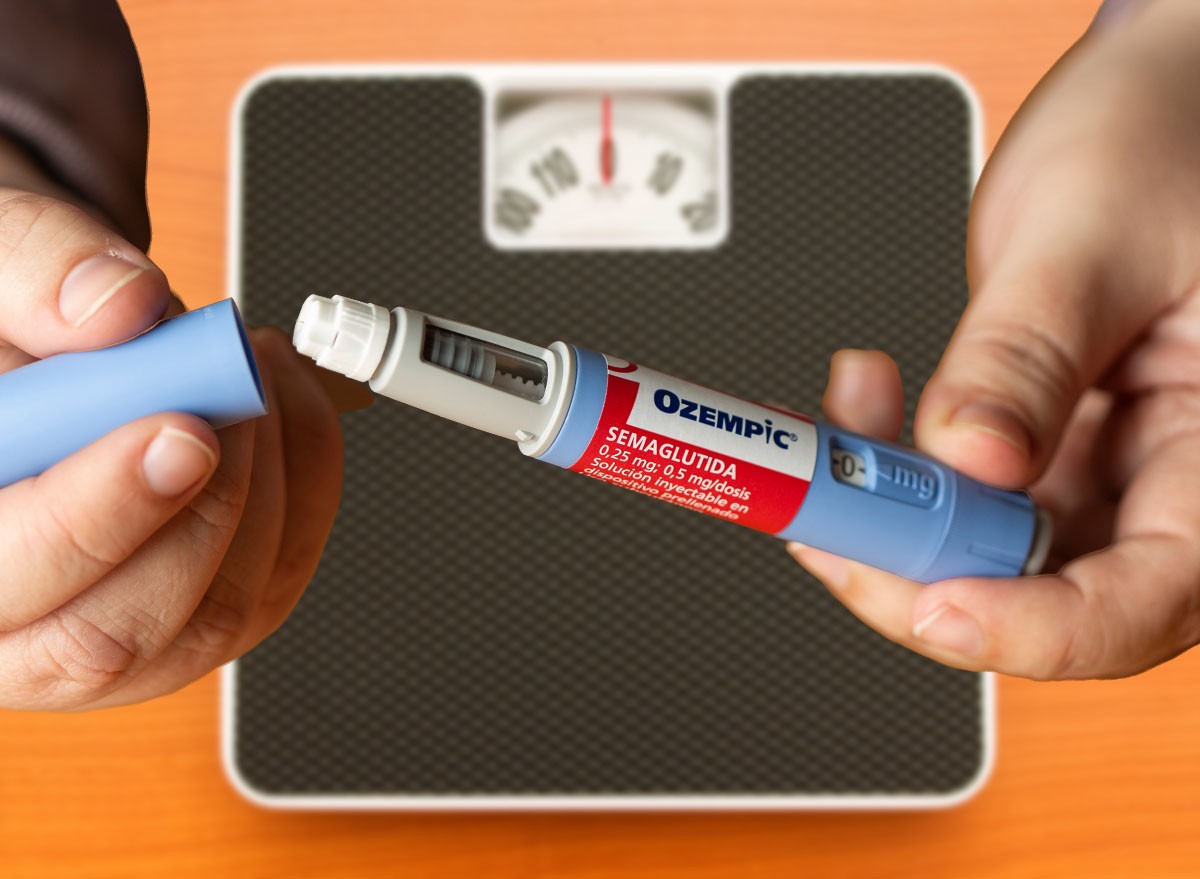
Dr. Kate highlights significant drawbacks of GLP-1 medications: "These drugs are expensive and rarely covered by insurance for folks who don't meet strict criteria." She notes that "50% of patients taking GLP-1 agonists experienced nausea," and according to a 2022 study, most participants regained their weight within a year after stopping the medication.
Natural Booster #1: Healthy Fats
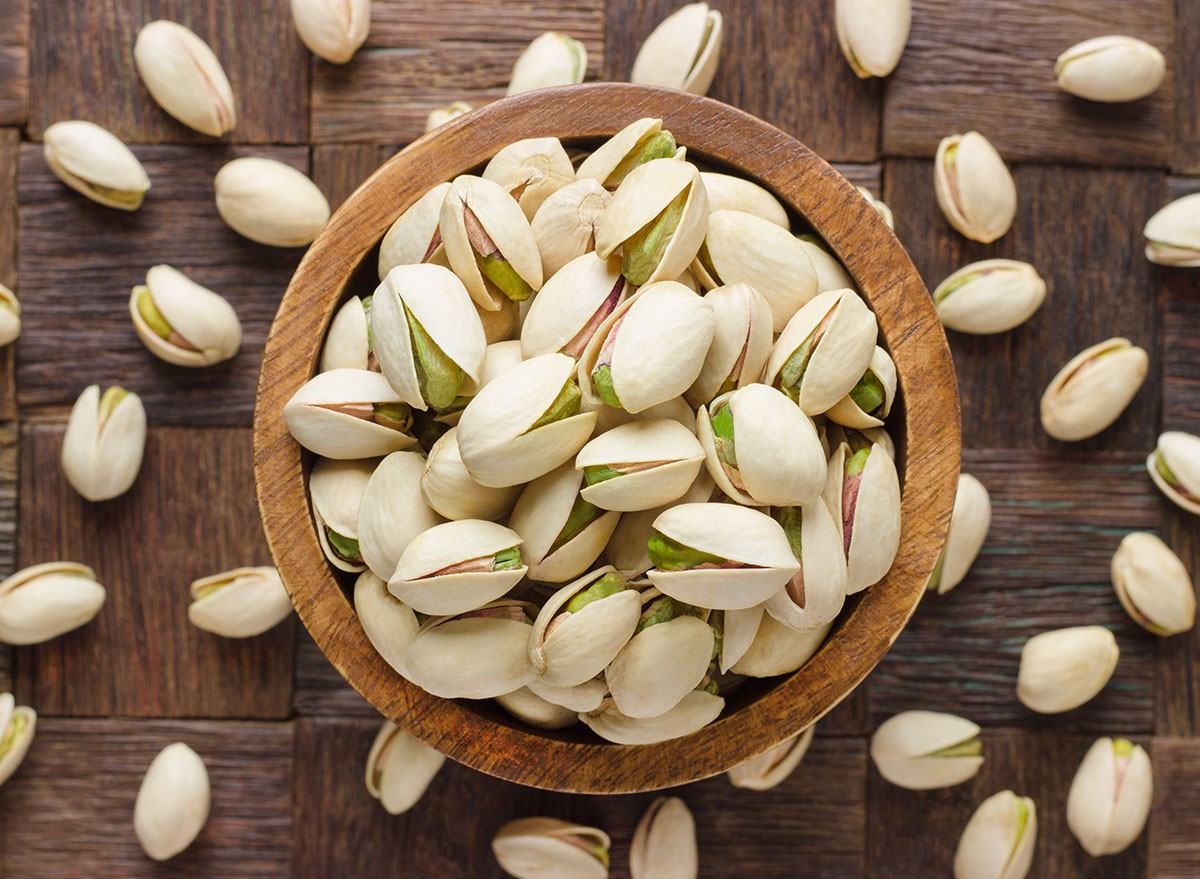
"Often you need to eat more fat to lose fat," Dr. Kate reveals. Research shows that unsaturated, long-chain fatty acids strongly stimulate GLP-1 release. She specifically points to a study where "85 grams of pistachios" increased GLP-1 concentrations in overweight adults. Additionally, following a Mediterranean diet rich in olive oil for 28 days significantly boosted post-meal GLP-1 levels.
Natural Booster #2: Protein-Rich Foods
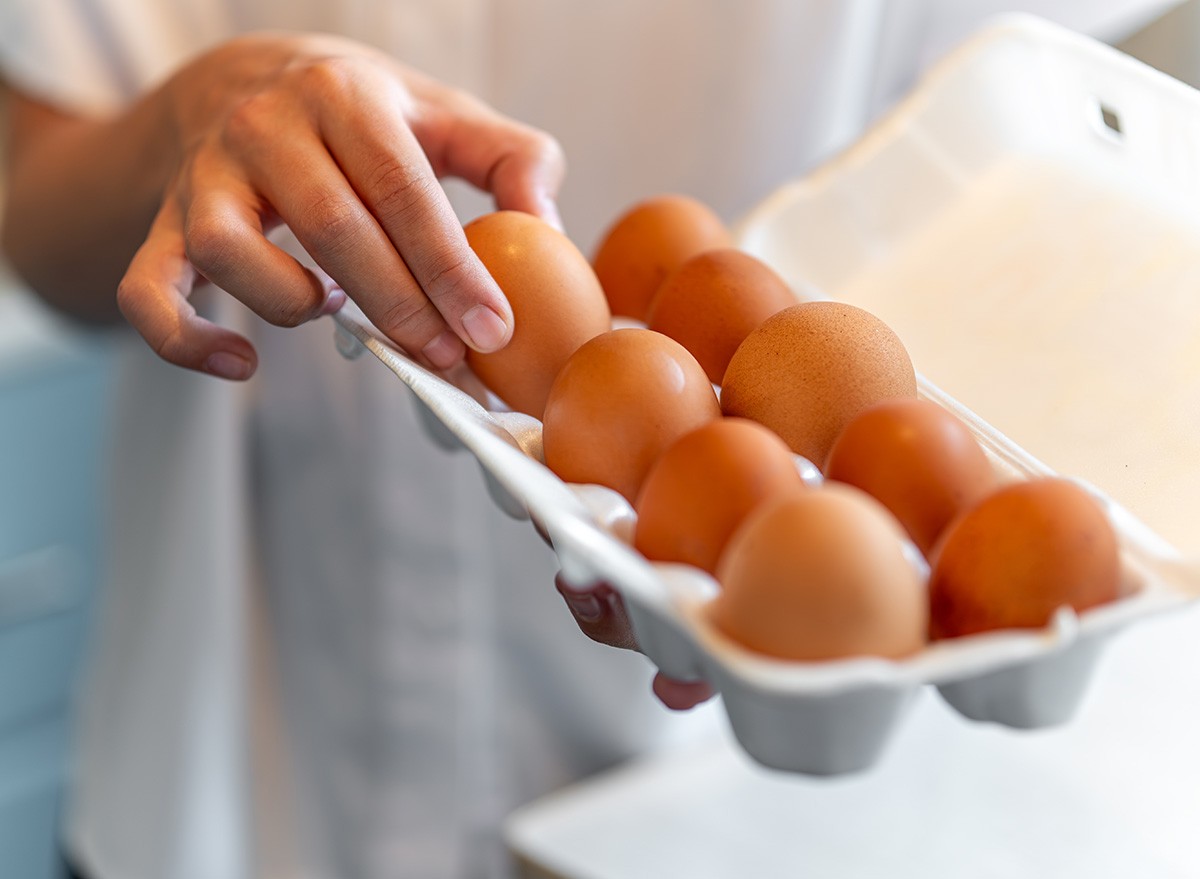
Research has found that "meals with higher amounts of protein stimulate GLP-1 secretion better than those with mostly carbs," Dr. Kate explains. She recommends eggs, which contain beneficial unsaturated fats and choline, and plain yogurt, which studies show can significantly increase GLP-1 production.
RELATED: 20 Possible Ozempic Side Effects
Natural Booster #3: Flavonoid-Rich Spices
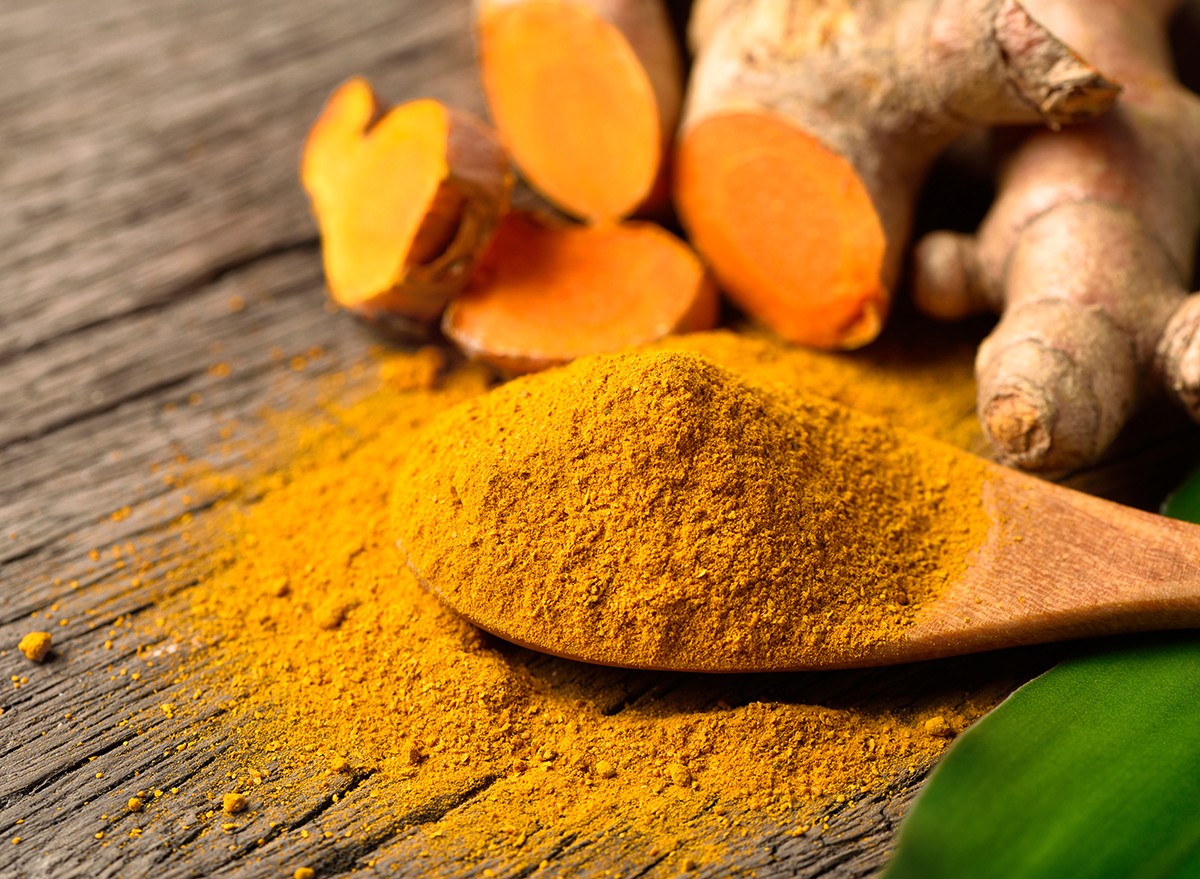
Dr. Kate identifies key spices that boost GLP-1: "Curcumin, the primary chemical in turmeric… cinnamon and rosemary." She also mentions green tea's EGCG content, though notes that concentrated supplements may be needed for optimal results.
Natural Booster #4: Berberine
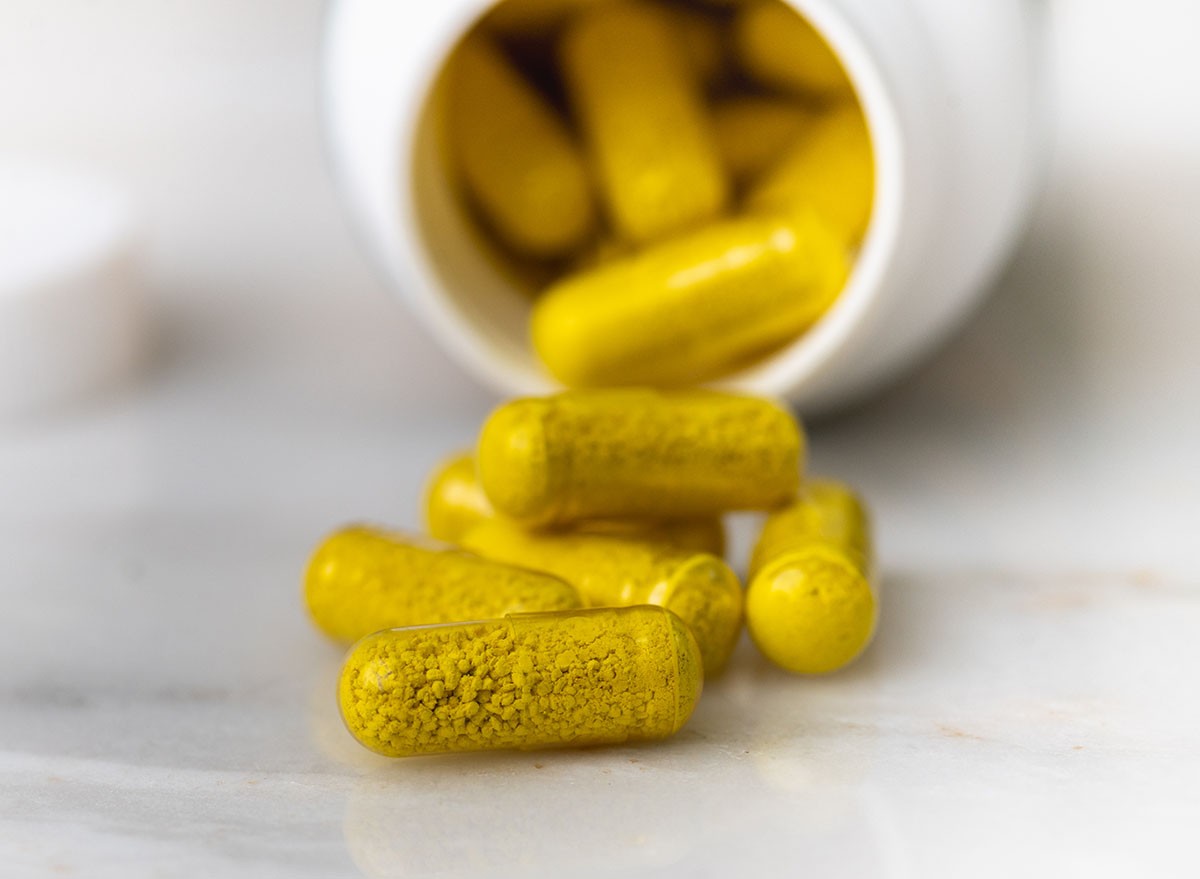
"One of the natural GLP-1-boosting herbs that's getting a lot of attention is berberine," Dr. Kate shares. A meta-analysis found that "just one gram of concentrated berberine significantly lowered cholesterol, BMI, weight, fasting glucose, hemoglobin A1c, and other metabolic markers."
Natural Booster #5: Gut-Supporting Probiotics

Dr. Kate emphasizes the importance of healthy gut bacteria: "These healthy bugs make compounds called postbiotics, one category being short-chain fatty acids." She specifically mentions the bacteria Akkermansia, which not only increases GLP-1 but also enhances fat burning through thermogenesis.
RELATED: What Happens to Your Body When You Stop Taking Ozempic
Natural Booster #6: Polyphenol-Rich Foods
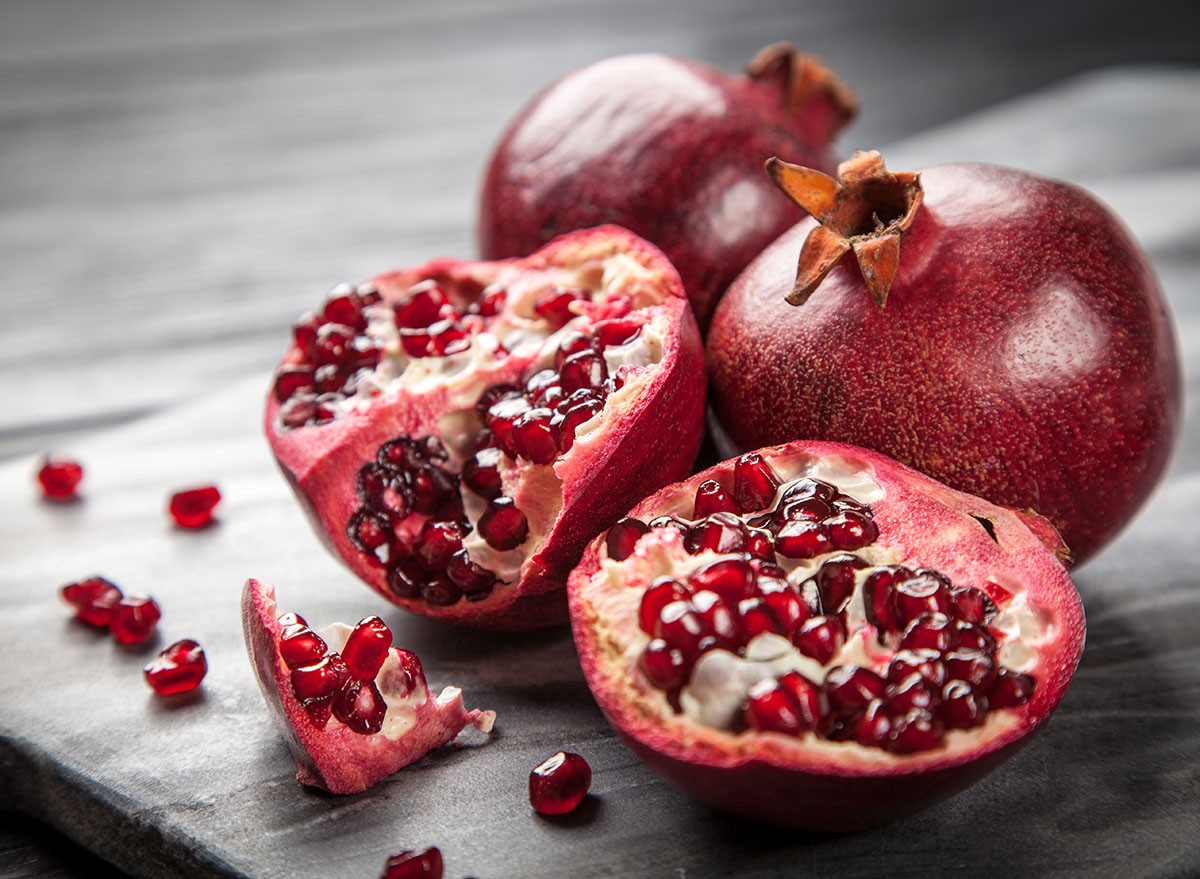
To support beneficial gut bacteria, Dr. Kate recommends polyphenols, noting that "the ones found in pomegranate are especially good at supporting Akkermansia." This creates a synergistic effect, enhancing both gut health and GLP-1 production.
Natural Booster #7: Mediterranean Diet
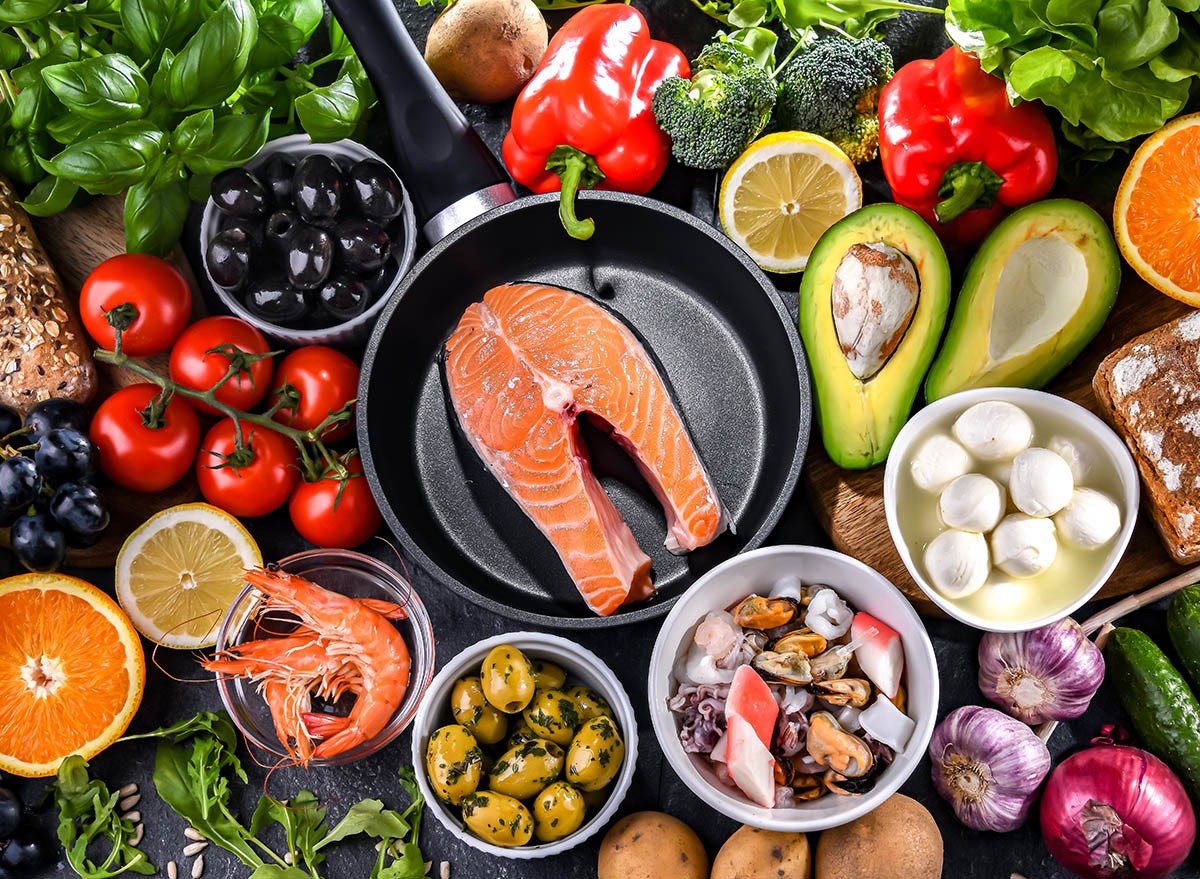
Dr. Kate points to research showing that following a Mediterranean diet, particularly one rich in olive oil, significantly increases GLP-1 levels. This dietary pattern combines many of the individual boosters into a sustainable eating approach.
RELATED: 20 Things to Avoid While on Ozempic
Combining Natural GLP-1 Boosters for Maximum Results
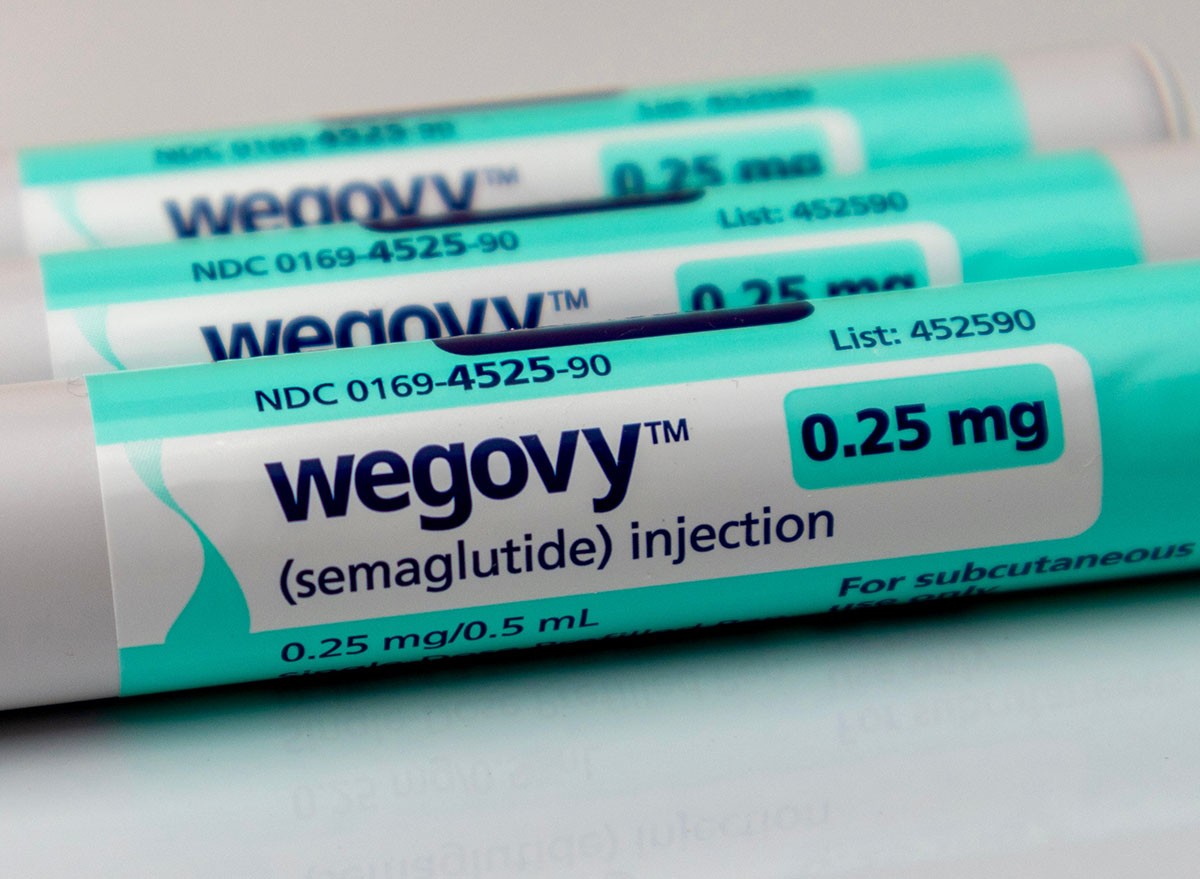
"The beauty of working with your body using natural GLP-1 boosters is that you can stack these strategies to maximize your weight loss and blood sugar balance," Dr. Kate explains. While these natural alternatives won't deliver overnight results like medications, they offer a sustainable path to weight management with minimal side effects. And if you enjoyed this article, take advantage of these 20 Superfoods for People Over 50.




